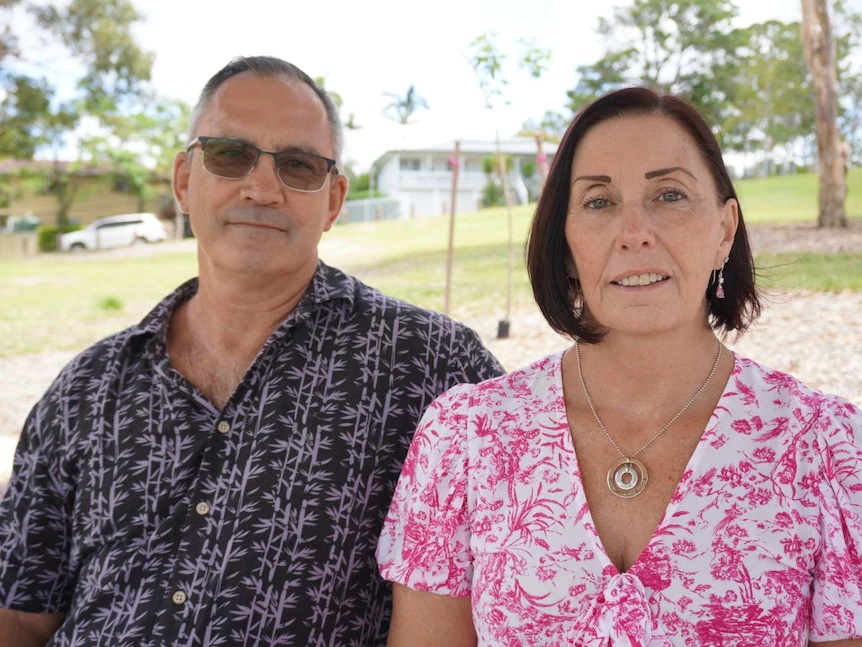Hannah Clarke’s parents welcome new measures to tackle coercive control
The parents of Hannah Clarke believe amendments to stalking laws could have helped their daughter before her life was cut short two years ago.
Queensland Attorney-General Shannon Fentiman introduced the first phase of legislation to combat coercive control on Friday afternoon, designed to tighten laws around domestic and family violence.
Fentiman said authorities intend to amend the definition of domestic and family violence to include a pattern of behaviour, modernise the offence of unlawful stalking and update outdated language in the criminal code.

The changes come ahead of a move to criminalise coercive control in Queensland by the end of 2023.
“My message is even if there is no physical violence in your relationship, if you are intimidated and in fear because of controlling behaviour, what is happening to you is domestic and family violence,” Fentiman said.
“Please come forward, there is help available.”
Sue and Lloyd Clarke applauded the new measures to tighten existing laws, which they believe would have helped their daughter’s situation “invaluably”.
Hannah and her three children died in the Brisbane suburb of Cannon Hill in 2020 when her estranged husband Rowan Baxter ambushed them on the school run, doused them in petrol and set the car alight.
Her mother said before her daughter’s death, Baxter had “about six or eight iPhones hidden around the house”.
“He would listen to everything she did,” she said.
“He had one in the car watching everywhere she went.”

During the announcement of the new measures, Fentiman said the laws “need to keep pace with the kind of technology that perpetrators are using to stalk their victims”.
“We know that perpetrators use invasive technology to track their victims – where they go, who they see, even restricting the amount of money they can spend,” she said.
“It used to be that someone might physically follow a victim around and of course that still happens, but now perpetrators are using sophisticated GPS tracking in victims’ cars (and) in children’s toys.”
Hannah’s mother said that measure alone “would’ve given (Hannah) a bit of ammunition” to have a stalking and criminal offence put to Baxter.
“Unfortunately we didn’t get to court but it would’ve been great to have that if we had gotten to court,” she said.

Hannah’s father said education was also needed to put a stop to coercive control.
“We didn’t know about it until it happened to us,” he said.
“Younger generations, they need to know about coercive control and what a healthy relationship is.
“We need to educate adults as well.”
Fentiman said the changes will also modernise outdated language in the criminal code, including the term carnal knowledge and the offence of maintaining a relationship with a child.
The bill introduced today will go to the legal affairs and safety committee to examine.
It is expected to be debated in the last sitting week of parliament or early next year.
“It’s about sending a clear message to women about what is happening to them is criminal behaviour,” Fentiman said.
“By modernising our laws and keeping pace with the technologies perpetrators are using, not only can we help better protect women but we can hold those perpetrators to account.”








